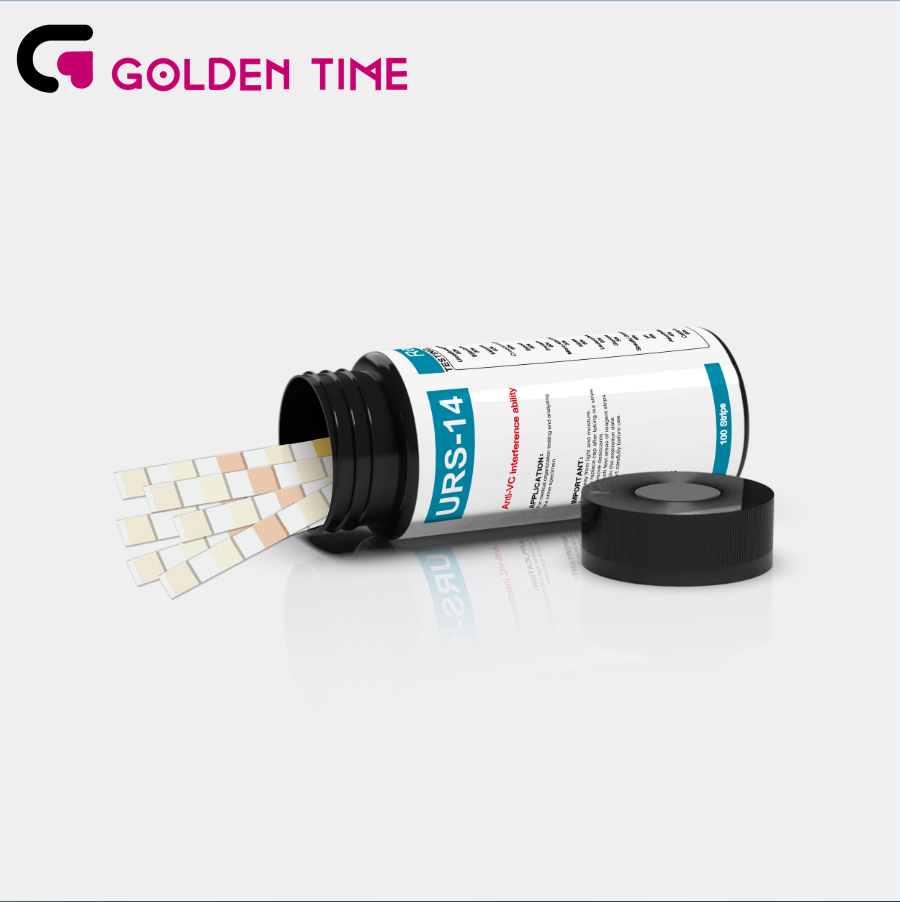Jan . 22, 2025 02:55 Back to list
typhoid igg/igm combo rapid test
Typhoid fever, an infectious disease caused by the Salmonella Typhi bacteria, remains a pressing global health concern, particularly in regions with poor sanitation facilities. When it comes to diagnosing typhoid fever, blood tests play a critical role in the identification and confirmation process. This pivotal step is crucial for administering timely and appropriate treatment, thus preventing severe complications.
Blood cultures remain the gold standard in typhoid diagnosis, offering definitive confirmation by isolating the bacteria. The sensitivity of a blood culture, however, is contingent upon several factors the volume of blood drawn, prior antibiotic exposure, and the timing of the culture during the illness. Despite being highly specific, blood cultures are relatively slow, taking a minimum of 48 to 72 hours to deliver results, which can delay treatment initiation in acute scenarios. Recent advancements in diagnostic technologies strive to overcome the limitations of traditional methods. PCR (Polymerase Chain Reaction) tests amplify bacterial DNA from a blood sample, offering higher sensitivity and speed without compromising specificity. Nevertheless, the necessity for sophisticated laboratory equipment and expertise limits PCR's accessibility in resource-poor settings. An effective strategy for deploying typhoid blood tests, therefore, involves a balanced integration of these methods. Health professionals often start with rapid antibody tests to gain preliminary insights while concurrently initiating blood cultures for confirmation. A nuanced interpretation of results, taking into account patient history and regional data, is essential in delivering targeted and effective medical intervention. Ultimately, the trustworthiness of typhoid blood tests hinges on the composite picture they provide—one that informs not only immediate treatment plans but also broader public health strategies aimed at controlling the spread of the disease. The synergy between technological innovation, expert clinical judgment, and tailored healthcare approaches holds the key to enhancing both individual patient outcomes and the collective fight against typhoid fever. By prioritizing continuous education and resource allocation, medical practitioners can ensure that blood test diagnostics for typhoid fever remain resilient, adaptable, and integral to global health efforts.


Blood cultures remain the gold standard in typhoid diagnosis, offering definitive confirmation by isolating the bacteria. The sensitivity of a blood culture, however, is contingent upon several factors the volume of blood drawn, prior antibiotic exposure, and the timing of the culture during the illness. Despite being highly specific, blood cultures are relatively slow, taking a minimum of 48 to 72 hours to deliver results, which can delay treatment initiation in acute scenarios. Recent advancements in diagnostic technologies strive to overcome the limitations of traditional methods. PCR (Polymerase Chain Reaction) tests amplify bacterial DNA from a blood sample, offering higher sensitivity and speed without compromising specificity. Nevertheless, the necessity for sophisticated laboratory equipment and expertise limits PCR's accessibility in resource-poor settings. An effective strategy for deploying typhoid blood tests, therefore, involves a balanced integration of these methods. Health professionals often start with rapid antibody tests to gain preliminary insights while concurrently initiating blood cultures for confirmation. A nuanced interpretation of results, taking into account patient history and regional data, is essential in delivering targeted and effective medical intervention. Ultimately, the trustworthiness of typhoid blood tests hinges on the composite picture they provide—one that informs not only immediate treatment plans but also broader public health strategies aimed at controlling the spread of the disease. The synergy between technological innovation, expert clinical judgment, and tailored healthcare approaches holds the key to enhancing both individual patient outcomes and the collective fight against typhoid fever. By prioritizing continuous education and resource allocation, medical practitioners can ensure that blood test diagnostics for typhoid fever remain resilient, adaptable, and integral to global health efforts.
Latest news
-
Reliable Early Pregnancy Test Kit Supplier - Multi Plastic Cassette Options
NewsJul.30,2025
-
Transferrin Rapid Test Cassette – Reliable Tumor Marker Detection
NewsJul.29,2025
-
Accurate Follicle Stimulating Hormone Test Kit | Rapid Reliable Results
NewsJul.29,2025
-
High Accuracy LH Ovulation Test Kit - Digital Results & Wholesale Options
NewsJul.29,2025
-
HbsAg Blood Rapid Test Kit for Fast & Accurate Hepatitis B Detection
NewsJul.28,2025
-
Sterile Urine Cup for Safe & Easy Collection | High-Quality Specimen Cups
NewsJul.28,2025

